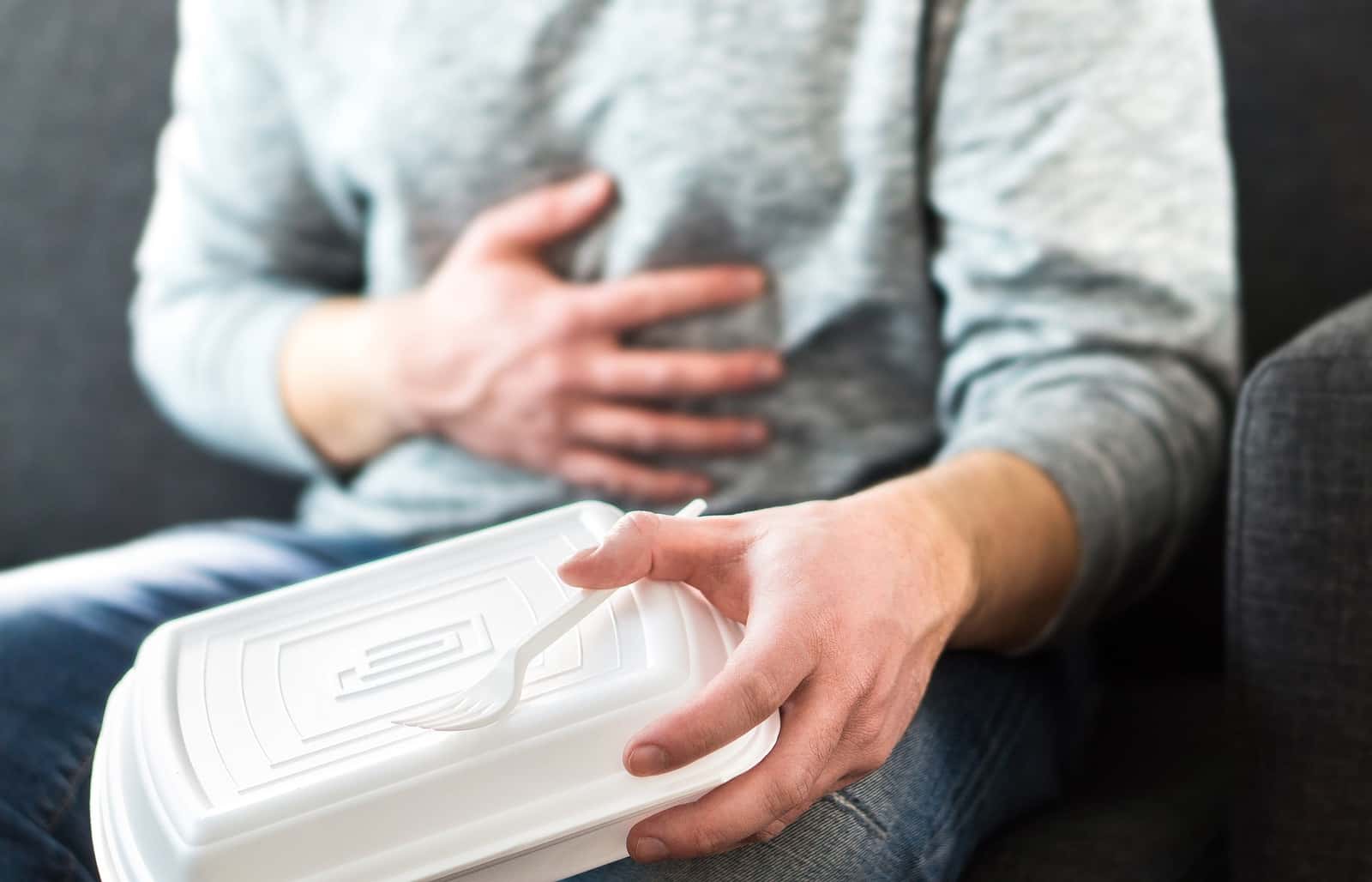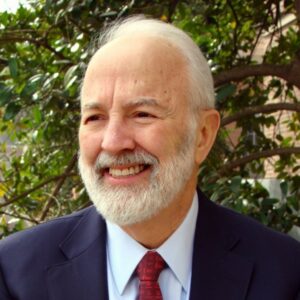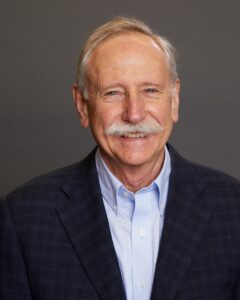
Is the Food on Your Plate Real or Fake?
This week’s radio show features two of the country’s leading nutritional epidemiologists, Dr. Walter Willett of Harvard and Dr. Barry Popkin of the University of North Carolina. They discuss some of the challenges with the food on our grocery shelves and advise us on how to tell if the food we choose is real or fake. You may want to listen to the show through your local public radio station or get the live stream at 7 am EDT on your computer or smart phone (wunc.org). Here is a link so you can find which stations carry our broadcast.
The American diet has undergone many changes over the last several decades. Some that were intended to promote health actually backfired. Substituting margarine for butter seemed like a good idea, for example, but resulted in people being exposed to dangerous trans fats. If you can’t listen to the broadcast, you may wish to hear the podcast later. You can subscribe through your favorite podcast provider, download the mp3 using the link at the bottom of the page, or listen to the stream on this post starting on October 16, 2023.
Is the Sweetener in Your Soft Drink Real or Fake?
Sugar-sweetened beverages have been around a long time, but they really started gaining prominence in our diets late in the 20th century. Nutrition scientists have linked sugary soft drink consumption to weight gain. Liquid calories don’t register in our brains the way solid food does, so we don’t compensate by eating less at mealtimes. Sugary beverages have also been associated with other health problems such as fatty liver, hypertension and kidney disease.
Sweetness without Calories:
Consequently, many people decided to change to sugar substitutes. Some of these, like aspartame, are artificial sweeteners. What could be better to enjoy sweetness without calories?
Unfortunately, the promise of artificial sweeteners has not held up. It is not clear that using these sugar substitutes helps people lose weight or keep it off. In addition, some research has raised questions about the safety of aspartame and other sweeteners. Despite this, these compounds are now being used in many other foods besides soft drinks. Can you tell if your sweet treat is real or fake?
Guidelines for Healthy Food Choices:
The simplest guideline both experts offer is “Eat Real Food.” That puts a responsibility on us to distinguish real or fake foods in our cupboard. Better yet, we should get help making such choices right in the grocery store. Dr. Popkin describes an experiment in one country in which taxes from ultra-processed junk food are applied to supporting the purchase of vegetables and fruits.
What About Real or Fake Fat?
Back in the 20th century, scientists were adamant that eating food containing saturated fat would clog coronary arteries. They told people that they should switch to margarine instead of butter. Later, they learned that the trans fats (hydrogenated oils) in margarine were even worse than sat fats for our health.
The push for low-fat and non-fat foods was on. This too was a detour away from real food, so we ended up with many highly processed options full of refined starches and sugar. Unfortunately, the expected health benefits of a low-fat diet based on ultra-processed foods never materialized. Consuming such meals day after day can predispose us to type 2 diabetes as well as fatty liver disease.
In this case, it makes sense to go for real fat over fake. But Dr. Willett argues that saturated fat is not ideal. Instead, he suggests, we should take a tip from the Mediterranean dietary pattern and use olive oil as our primary fat.
Benefits of Olive Oil:
Numerous studies indicate that following a Mediterranean diet is a path to better health. Sometimes it seems difficult to understand what we mean by a Mediterranean diet, though. There are so many countries surrounding the Mediterranean Sea, each with its own culinary traditions.
Many Americans have misconceptions about what constitutes a Mediterranean way of eating. It’s not pasta with lots of meatballs in sauce. To help us out, Dr. Willett suggests focusing on plant rather than animal protein sources for the most part, along with an emphasis on vegetables and fruits. When possible, grains should be whole or minimally processed. People may drink wine in moderation, but not all such diets include it. Above all, the primary fat is olive oil.
Olive Oil Lowers the Risk of Disease:
For many years, Dr. Willett has helped oversee the long-running Nurses Health Study, Nurses Health Study II and the Health Professionals Follow-up Study. With around 90,000 individuals providing critical data for decades, these studies permit important inferences about the effect of diet on health. An analysis published in the Journal of the American College of Cardiology (Jan. 18, 2022) demonstrated that people consuming as little as half a tablespoon of olive oil daily were 19 percent less likely to die of cardiovascular causes.
A separate analysis of data from these studies indicates that people consuming olive oil are less vulnerable to death from dementia. We asked Dr. Willett whether extra-virgin olive oil is superior to ordinary olive oil, but the participants did not specify which they were using. Consequently, we cannot answer that question.
Choosing a Healthful Diet:
Dr. Willett offered his guidelines for making healthy dietary choices. We need to be clear on the differences between real or fake food and choose whole grains, unprocessed oils, fruits and vegetables and only small amounts of animal-sourced foods like meat or dairy. Emphasizing plants helps support our microbiome. On the other hand, artificial sweeteners and sugar alcohols like sorbitol or maltitol can disrupt the microbes in our digestive tracts. A plant-based diet is also better for the environment. That is important because you can’t have healthy people on a sick planet.
This Week’s Guests:
Barry M. Popkin, PhD, is W. R. Kenan, Jr. Distinguished Professor in the Gillings School of Global Public Health at the University of North Carolina at Chapel Hill. Dr. Popkin established the Division of Nutrition Epidemiology at UNC. He also established and led the UNC Interdisciplinary Obesity Center.

Dr. Barry Popkin, W. R. Kenan, Jr. Distinguished Professor in the Gillings School of Global Public Health at the University of North Carolina at Chapel Hill
Walter C. Willett, MD, DrPH, is physician and epidemiologist and Professor of Epidemiology and Nutrition at the Harvard T.H. Chan School of Public Health. He served as Chair of the Department of Nutrition at Harvard for 25 years. Much of his work has been on the development of methods, using both questionnaire and biochemical approaches, to study the effects of diet on the occurrence of major diseases. Dr. Willett is the author of several books, including Eat, Drink and Be Healthy. https://www.amazon.com/Eat-Drink-Be-Healthy-Harvard/dp/0743266420
https://www.hsph.harvard.edu/profile/walter-c-willett/

Dr. Walter C. Willett, Professor of Epidemiology and Nutrition at the Harvard T.H. Chan School of Public Health
Listen to the Podcast:
The podcast of this program will be available Monday, October 16, 2023, after broadcast on Oct. 14. You can stream the show from this site and download the podcast for free.
Citations
- Guasch-Ferré M et al, "Consumption of olive oil and risk of total and cause-specific mortality among U.S. adults." Journal of the American College of Cardiology, Jan. 18, 2022. https://doi.org/10.1016/j.jacc.2021.10.041

